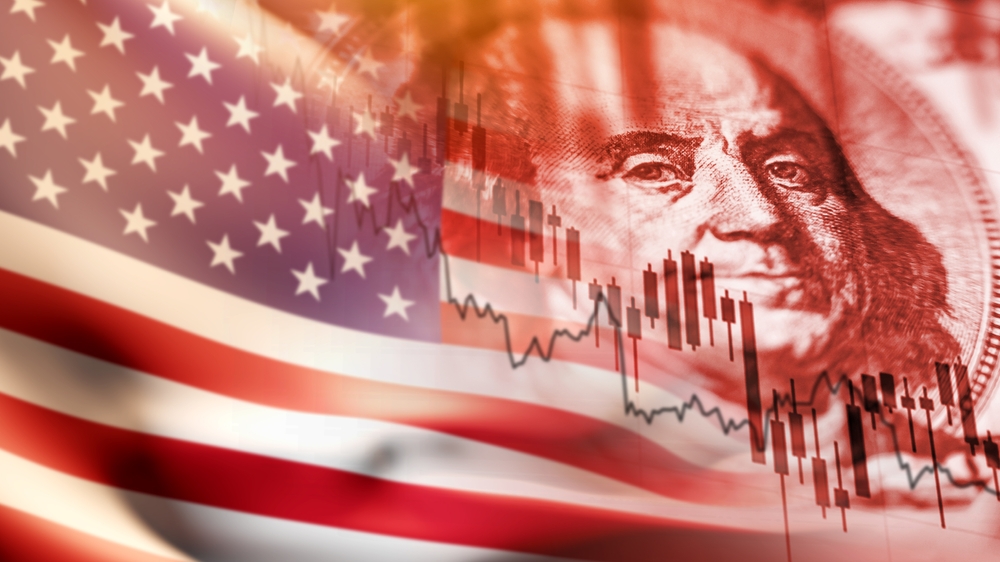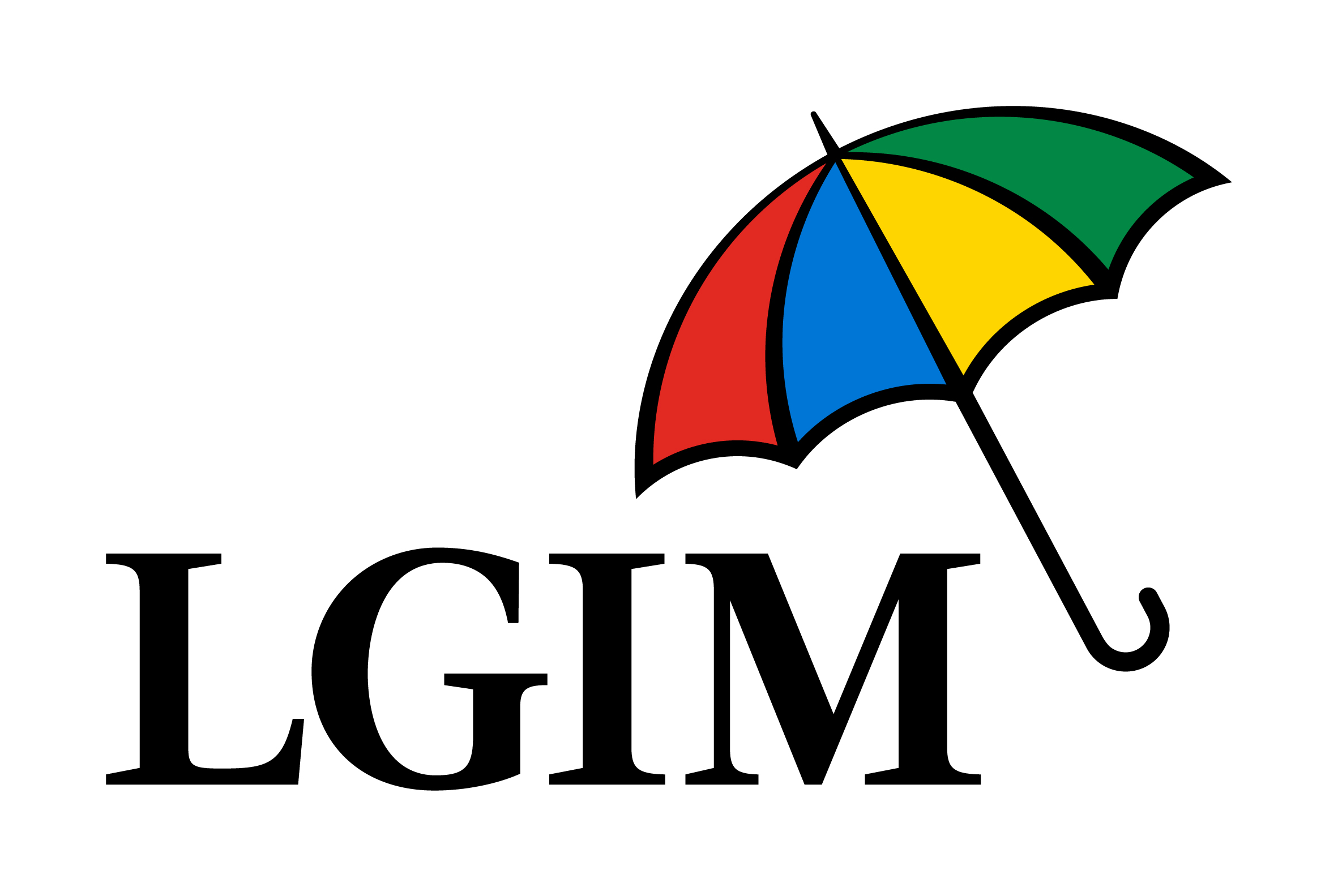With the race to the White House neck-and-neck, investors must consider how different election outcomes will impact their portfolios and how to allocate accordingly with ETFs.
What is clear is that as Americans head to the ballot box, both candidates remain firmly on the table. Whether we get a Republican President or a Democrat, we are likely to see markets on the move. Investors are on tenterhooks.
On the cusp of polls opening, ETF Stream examines which exposures stand to benefit and which face headwinds in the event of a Donald Trump or Kamala Harris victory.
Trump
The extent to which a Trump victory will move markets hinges on whether the Republicans can secure a ‘clean sweep’ – winning both the presidency and a majority in each house of Congress.
This would greatly improve Trump's ability to enact his policy agenda.
One key proposal is a reduction in the rate of corporation tax from 21% to 15%. This will directly benefit company bottom lines so stocks may enjoy a Trump win.
Small caps, in particular, could benefit. His pro-business stance may energise the economy and create opportunities for smaller, more cyclical businesses.
After Trump’s 2016 victory, small caps rallied strongly against their large cap counterparts. The Russell 2000 small cap index rose 11% in November 2016; the S&P 500 just 1%.
Investors could play this through the iShares S&P SmallCap UCITS ETF (IDP6), for example, or, for a more cyclical small cap exposure, the SPDR Russell 2000 Small Cap UCITS ETF (R2US) or the recently launched iShares Russell 2000 Swap UCITS ETF (RU2K).
Emerging market ETFs, on the other hand, could struggle under a Trump administration.
Trump’s policy agenda is likely to be the more inflationary of the two, with broader fiscal policy and rising tariffs likely to exert upward pressure on prices, interest rates and the dollar.
Raw material inputs are largely dollar-denominated so emerging markets’ import costs would rise.
Trump has been particularly pugnacious on China, still a large exposure in many emerging market products. As well as imposing significant tariffs on Chinese imports, he has spoken of economic decoupling and revoking China’s trade status.
Emerging market investors may therefore want to focus on ex-China products such as the Amundi MSCI Emerging Ex China UCITS ETF (EMXC).
Harris
The odds of a Democrat sweep are much lower – around 10-15% according to the betting markets – but a Kamala Harris victory in any form could trigger a rally clean in energy ETFs.
The Vice President has backed the Inflation Reduction Act (IRA), the key climate policy from the Biden administration, and has vowed to keep investing in clean energy.
This stands in great contrast to her opponent. Trump plans to ‘rescind all unspent funds’ under the IRA and row back on regulation impeding fossil fuel production.
With clean energy ETFs having struggled for both performance and flow, a Harris victory could provide a much-needed shot in the arm.
Fund selectors can play clean energy through the iShares Global Clean Energy UCITS ETF (DNRG), for example. The L&G Clean Energy UCITS ETF (RENW) provides ex-China clean energy exposure, while the Invesco Global Clean Energy UCITS ETF (GCLE) uses an equal weight methodology.
If the Democrats manage to pull off an unlikely clean sweep, equities could falter. Harris wants to increase corporation tax to 28% from 21% which, if enacted, would be a hefty blow for corporate earnings.
Given the greater cyclicality and lower margin profile of small caps, the same ETFs that would enjoy Republican sweep may hate a Democrat one.







